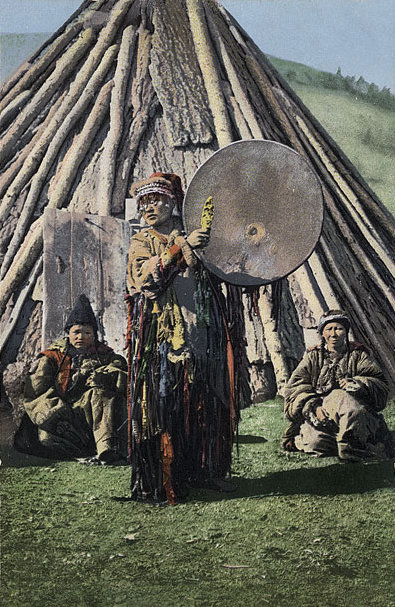|
Soulcatcher
A soulcatcher or soul catcher (''haboolm ksinaalgat'', 'keeper of breath') is an amulet (''aatxasxw'') used by the shaman (''halayt'') of the Pacific Northwest Coast of British Columbia and Alaska. It is believed by Tsimshian that all soulcatchers were constructed by the Tsimshian tribe, and traded to the other tribes. Construction Soulcatchers were constructed of a tube of bear femur, incised on one or both sides, and often ornamented with abalone shell. Bears had powerful shamanic connotations among the people of the Northwest Coast. Soulcatchers were decorated with a sisiutl-like animal: a land-otter or bear head at both ends of the tube, and an anthropomorphic face in the middle. This form may have represented the ability to shift shapes, or the mythological land-otter canoe, implying the ability to travel between the three realms: air/god realm ''(kijek)'', earth/human/animal realm ''(takijek)'', and water/spirit realm ''(tekijek)''. The land-otter was the source of a ... [...More Info...] [...Related Items...] OR: [Wikipedia] [Google] [Baidu] [Amazon] |
Shaman
Shamanism is a spiritual practice that involves a practitioner (shaman) interacting with the spirit world through altered states of consciousness, such as trance. The goal of this is usually to direct spirits or spiritual energies into the physical world for the purpose of healing, divination, or to aid human beings in some other way. Beliefs and practices categorized as shamanic have attracted the interest of scholars from a variety of disciplines, including anthropologists, archeologists, historians, religious studies scholars, philosophers, and psychologists. Hundreds of books and academic papers on the subject have been produced, with a peer-reviewed academic journal being devoted to the study of shamanism. Terminology Etymology The Modern English word ''shamanism'' derives from the Russian word , , which itself comes from the word from a Tungusic language – possibly from the southwestern dialect of the Evenki spoken by the Sym Evenki peoples, or from the ... [...More Info...] [...Related Items...] OR: [Wikipedia] [Google] [Baidu] [Amazon] |
